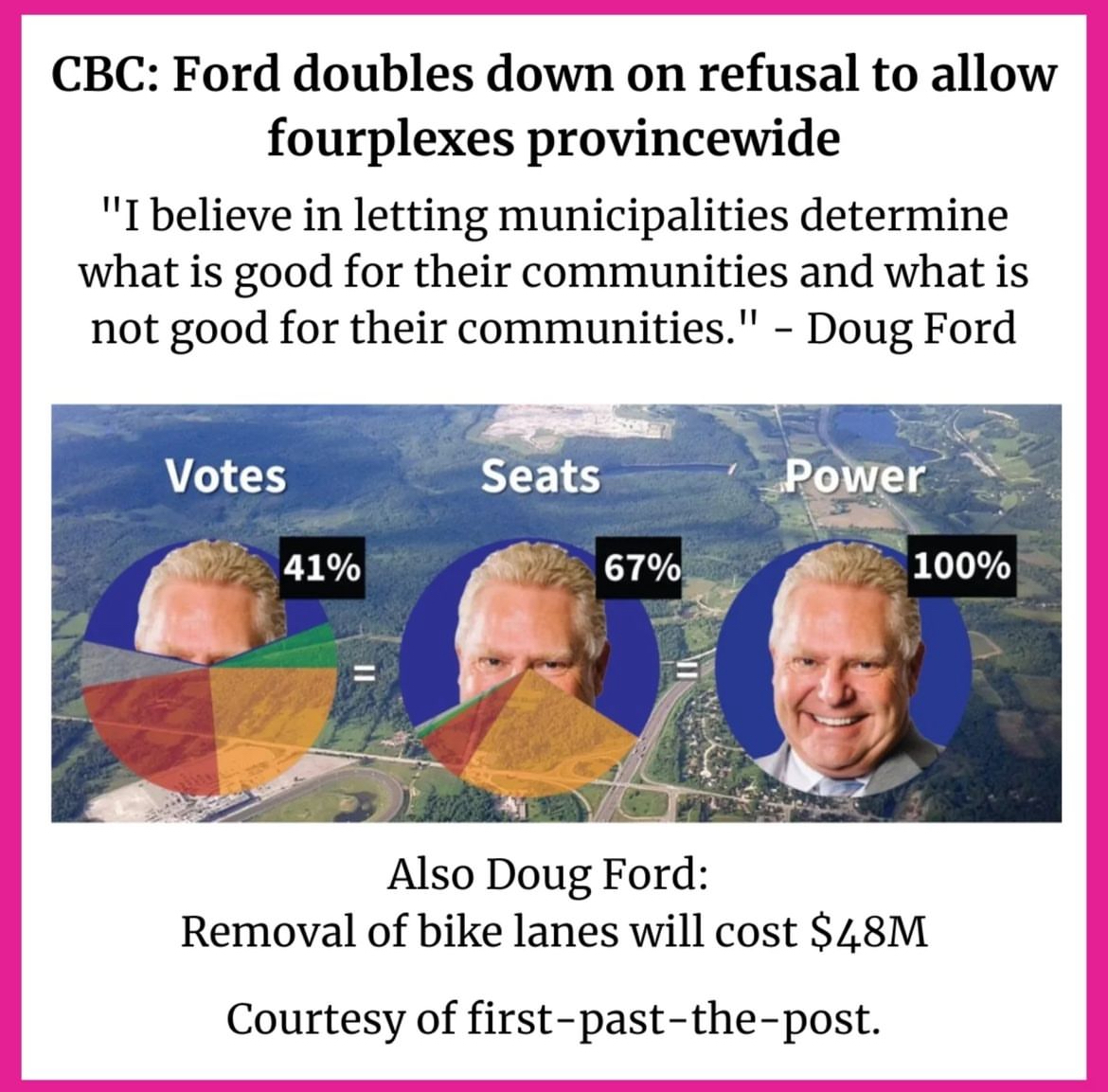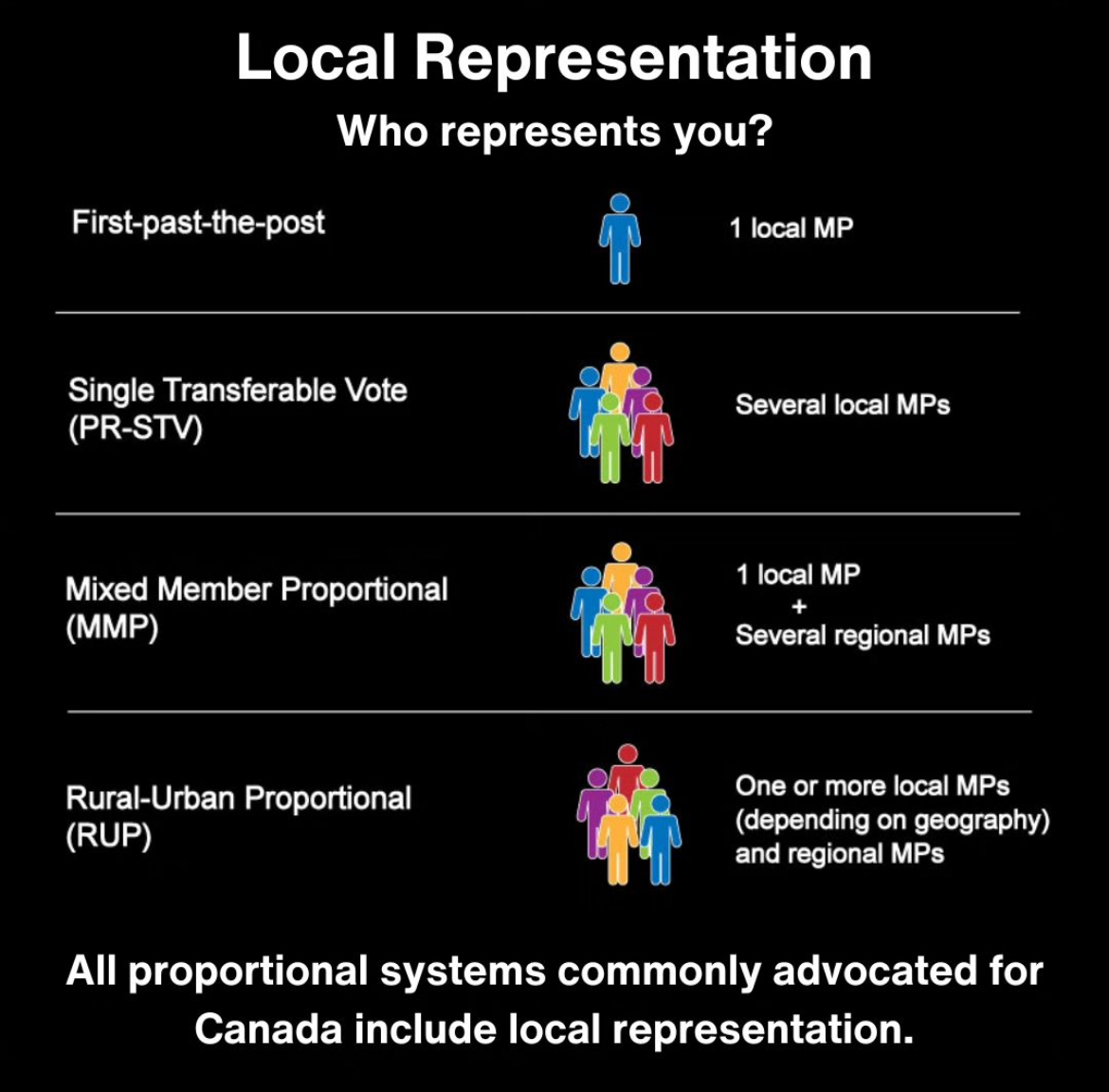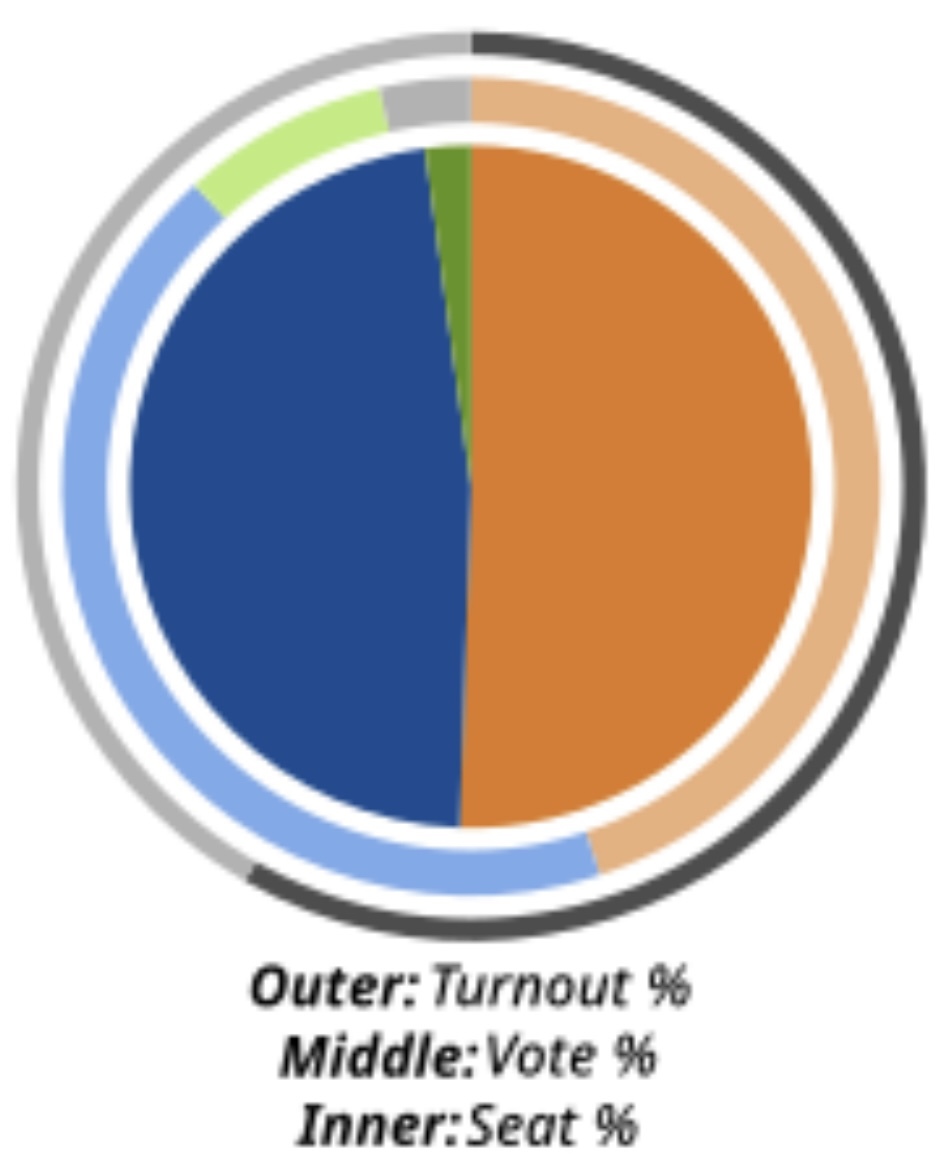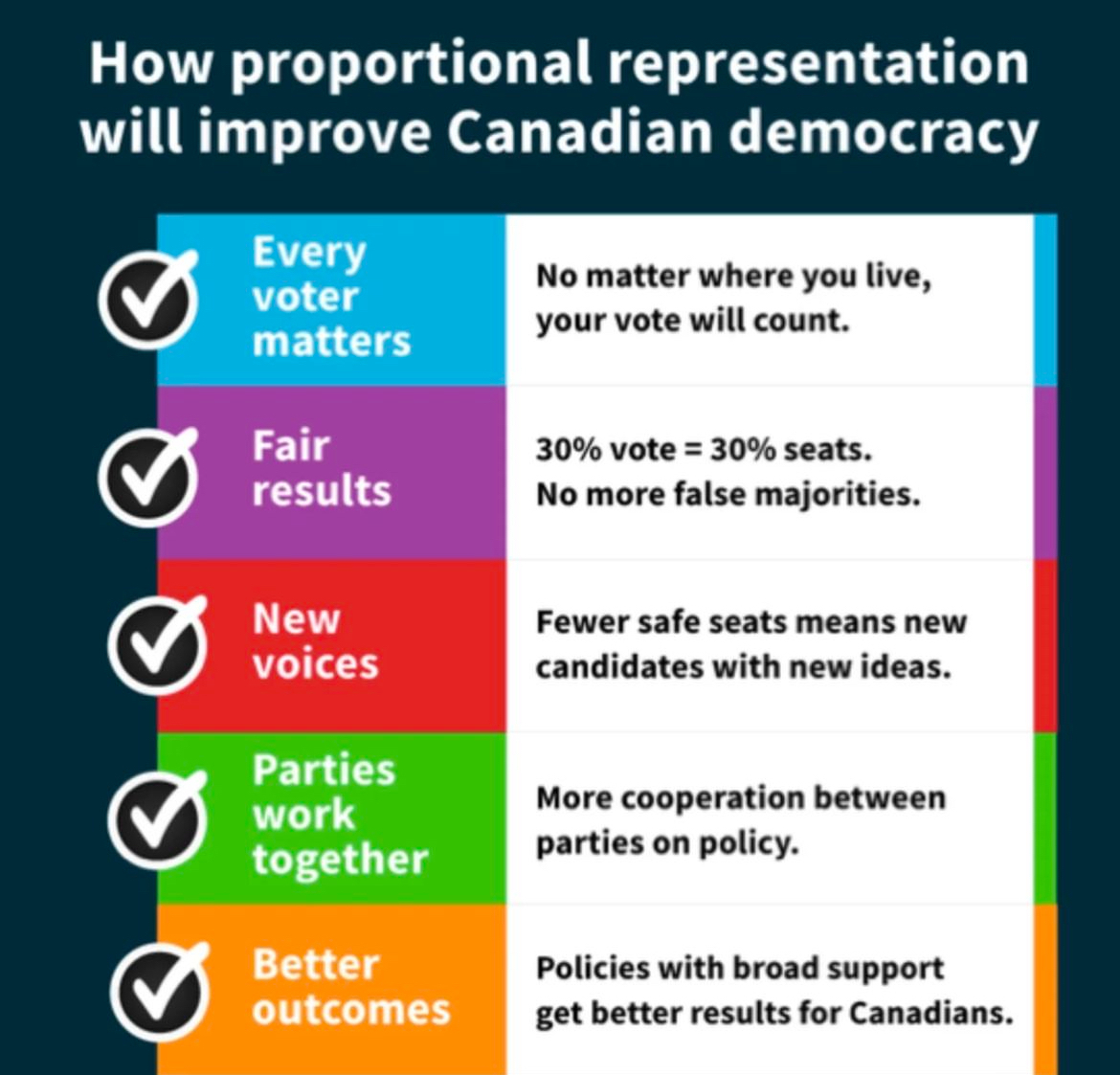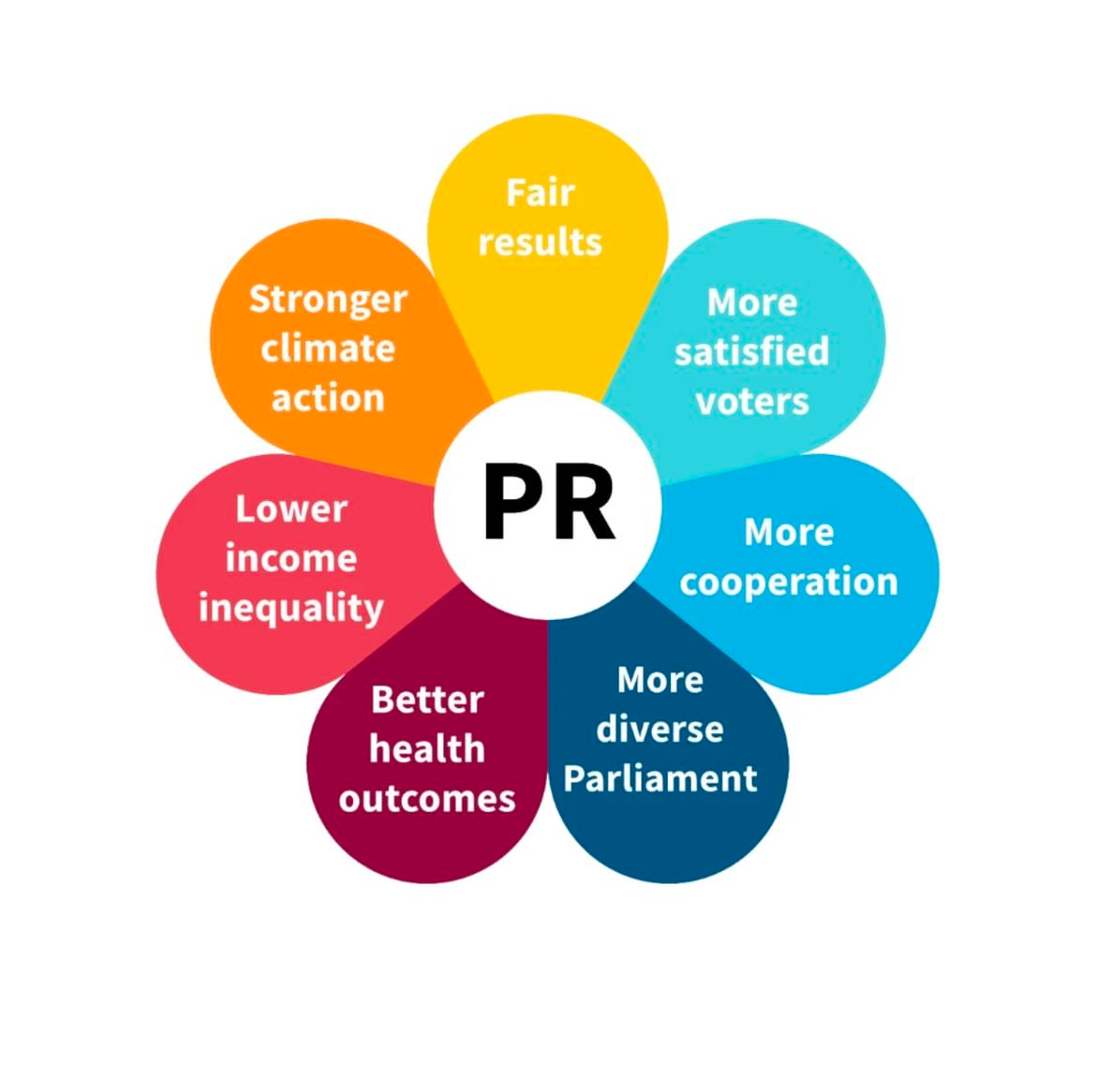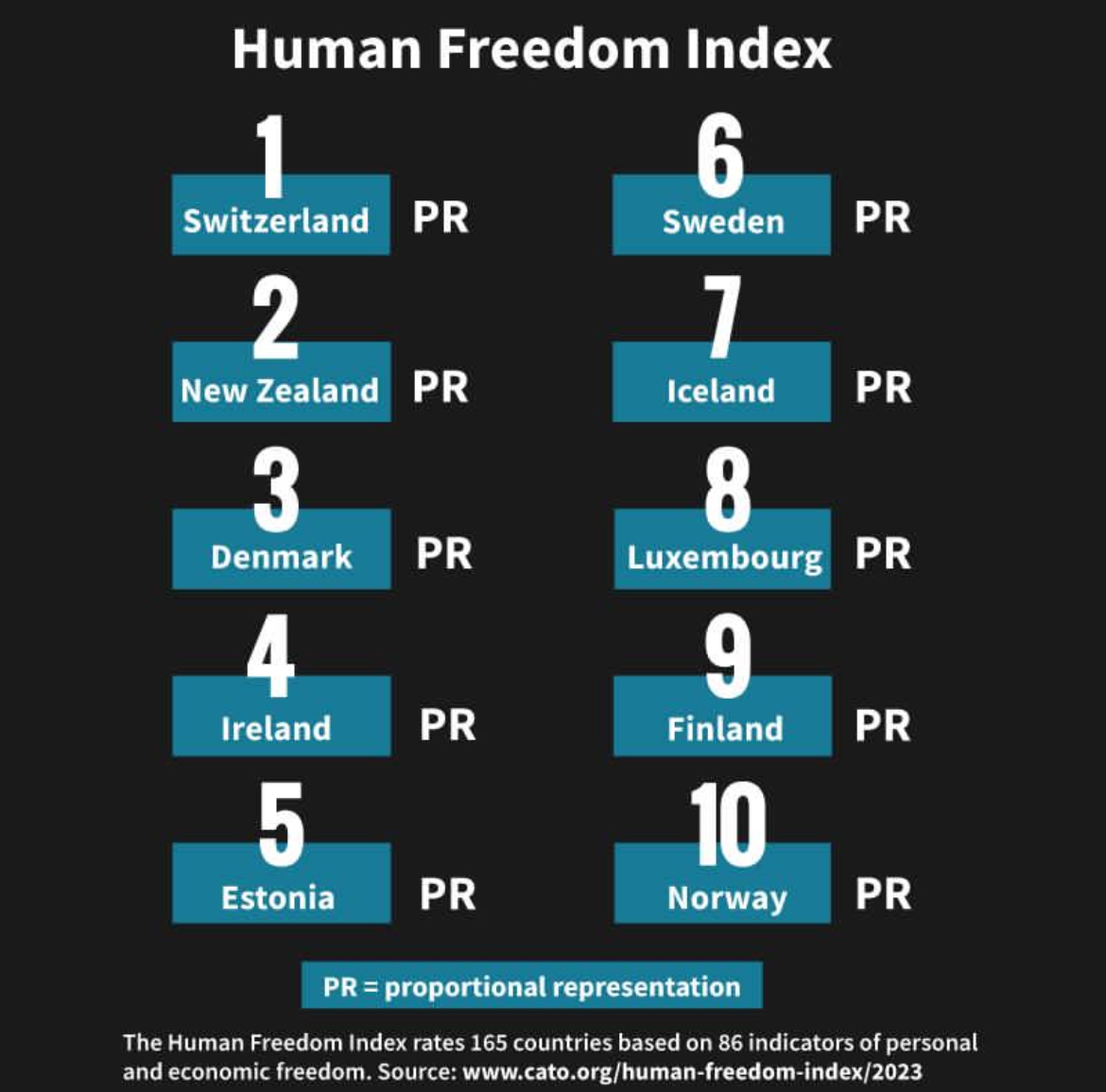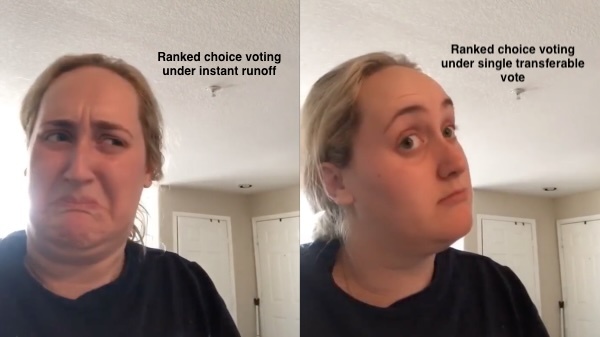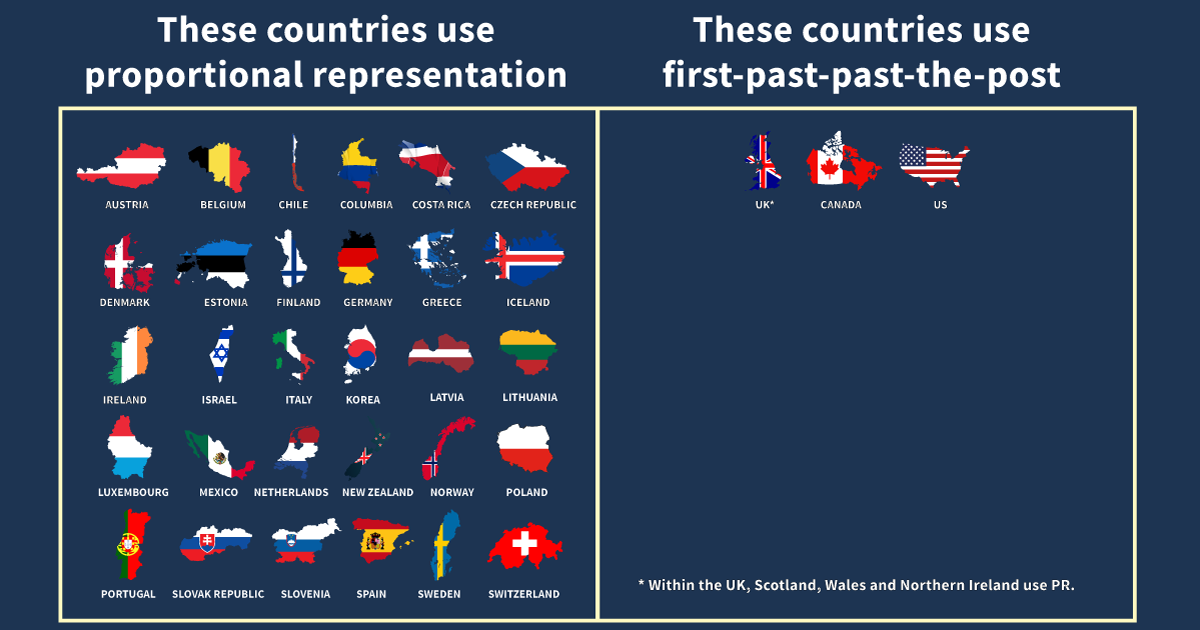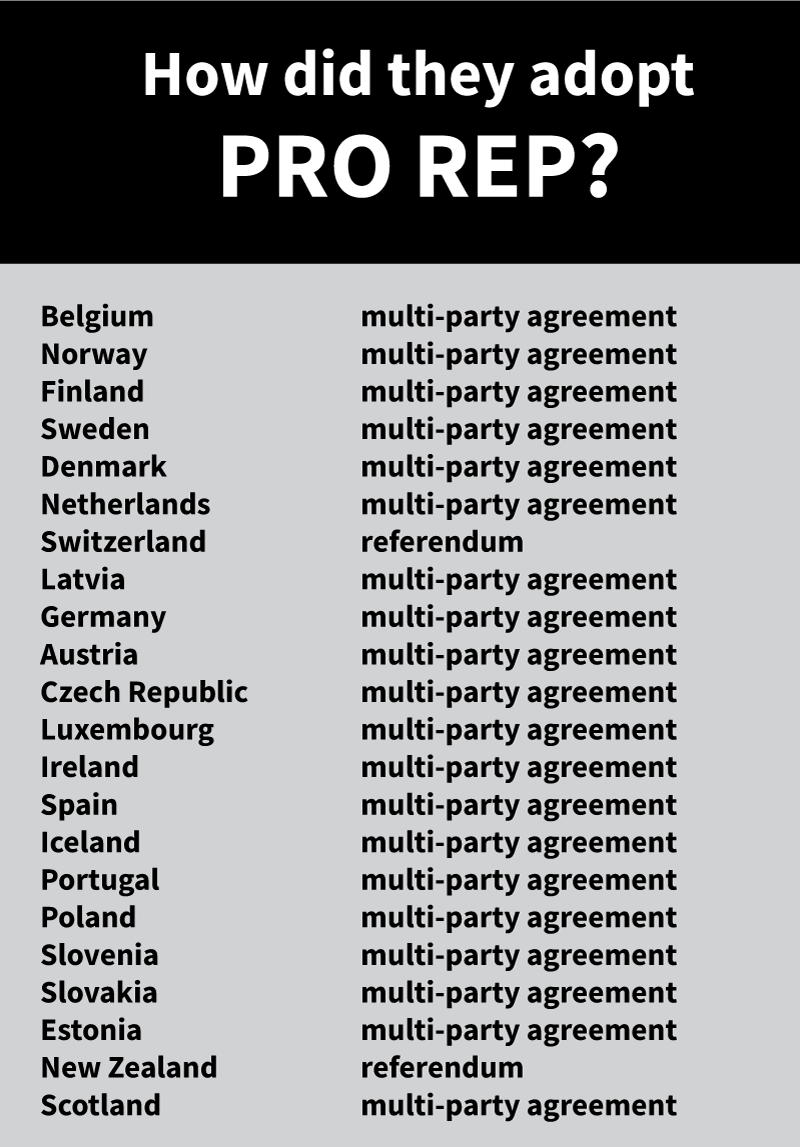Global News recently reported that the Progressive Conservative Party will begin nominating candidates this month, the latest sign that Premier Doug Ford is considering a snap vote.
In 2022, the PCs formed a second “false majority” government after winning just 41% of the vote. Given that progressive parties—the OLP, ONDP, and GPO—received a combined 54% of the vote, it seems Ontario’s democratic majority was once again denied its right to govern.
What made the situation even more dire, however, was the historically low voter turnout of 43%, which meant Ford was handed a majority government by a meagre 18% of eligible voters. These results spell a crisis of legitimacy for our democracy, especially when it comes to the legislation passed by such a government.
For instance, in 2019, the PCs passed Bill 124, which capped salary increases for broader public sector workers (including teachers and nurses) to 1% per year for three years. It was later deemed unconstitutional by the Ontario Court of Appeal, which ruled that it violated the Charter of Rights and Freedoms with respect to unionized employees.
Here is a list of other legislation passed by the PCs that might not have come into force under PR:
- Bill 60: Your Health Act (May 2023) allowed private clinics to conduct more OHIP-covered surgeries despite critics warning that it would lead to a two-tiered system. At the time, the NDP said it presented 74 amendments to the Your Health Act to the committee, but none were accepted or even considered by the PCs.
- Bill 3: Strong Mayors, Building Homes Act (Sept 22) gave mayors more power by allowing them a veto on bylaws passed by council, the ability to hire and dismiss senior managers, and stewardship over the city budget. While municipal powers are determined by the provincial government, the bill is widely seen as a continuation of the erosion of municipal powers and councillors, who are elected by citizens to exercise their democratic will.
- Bill 39: Better Municipal Governance Act (2023) extended “strong mayor” powers to other municipalities. Opposition parties were critical of how it allowed mayors to pass certain bylaws with just one-third of council support.
- Bill 23: More Homes Built Faster Act (2022) reduced development fees (to boost construction) despite significant opposition from environmental groups, municipal governments, and Indigenous communities.
- Bill 7: More Beds, Better Care Act (2022) allowed hospitals to free up hospital beds by discharging elderly patients to long-term care homes without their consent. The bill faced backlash for infringing on patient rights.
Finally, while not a legislative bill, the Greenbelt land swap scandal raised significant issues in 2023 when the Ford government came under scrutiny for opening up previously protected Greenbelt land for development against the will of elected municipal councillors. The Auditor General’s report revealed that the process disproportionately favoured certain developers...


